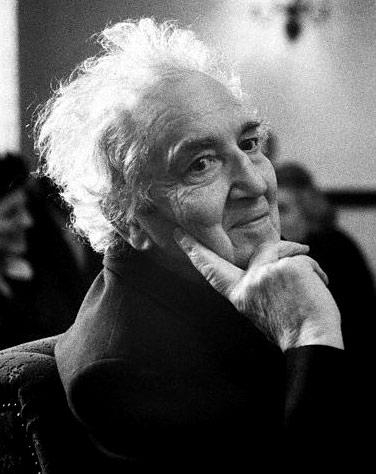History seminar discusses Graves’ poetry

The History department seminar series welcomes two well-known academics for it’s first lecture of 2017. Dr. Gyllian Phillips and Dr. Sarah Winters, from Nipissing’s English department, will speak on Writing for Children in the Aftermath of WWI: The Poetry of Robert Graves, on Friday, January 27, at 2:30 p.m. in room A252.
Here’s an abstract:
Robert Graves is probably best known for his controversial memoir of World War I (Goodbye to All That, 1929, rev. 1957), his historical fiction, notably I, Claudius (1934), and the fictionalization of part of his own life story in Pat Barker’s Regeneration (1991). Graves was a prolific and eclectic writer, however, and among his many volumes of work are a number of books of children’s poetry.
This talk explores Graves’s poetry for children written during WWI and in the decade following, and argues that the poems conceive poetic discourse as a means to challenge the indoctrination of children into the worlds of state, church and patriarchal authority. The challenge to authority comes through an attempt to change the patterns of thought and conceptions of language that form the intellectual work of children’s poetry. While this interest in the cognitive and cultural independence of children came partly from Graves’s experience as a father (in his unconventional first marriage to Nancy Nicholson), it can also be traced back through his experiences as a soldier. Described later in his memoir, the irrational cruelty of WWI, Graves implies, can be blamed partly on unthinking obedience to multiple forms of authority.
Focusing on the collection The Penny Fiddle, we argue that Graves’s poetry for children champions the creative power of private fantasy and the irrational as a challenge to the supervisory and repressive rationalism of dominant culture in the nineteen-teens through the 1930s. Indeed, though Graves attacks this problem from other angles in his body of work—through memoir, adult poetry, criticism and historical fiction—he sees poetry, and particularly poetry for children, as a direct way to reshape social thought. As Michael Joseph suggests, Graves seems “to recognise that [poetry’s] marginal social status and peculiar relevance to youth place it at a tangent to mainstream standards of maturity, responsibility, gravity and manliness” (Joseph 658-9).
Though principally a close reading of some of the poems in The Penny Fiddle, the talk situates Graves’s work in the contexts of the many soldier-writer responses to the war and of children’s literature and culture during and after the war.
Dr. Gyllian Phillips teaches in the Department of English Studies and works on British literature and film of the inter-war period. Her most recent scholarly activity has been co-editing (with Allan Pero, Western University) the collection of essays titled The Many Facades of Edith Sitwell forthcoming from the University Press of Florida.
Dr. Sarah Winters teaches children’s literature in the Department of English Studies. She has published on the influence of WWII upon children's fantasy, in particular the work of C.S. Lewis, Philip Pullman, and J.K. Rowling.
